Genetics
-
 Life
LifeIn battle to shape immunity, environment often beats genes
The environment, especially microbes, shapes immune system reactions more than genes do.
-
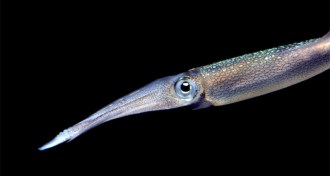 Animals
AnimalsSquids edit genetic directions extensively
In squids, RNA editing means that DNA often does not get the final say in which proteins are created.
-
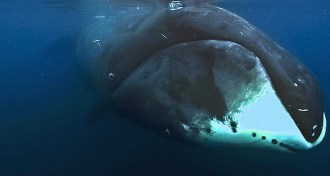 Animals
AnimalsBowhead whales may unlock the secrets to a long, healthy life
Analyzing the genome of the bowhead whale may help scientists understand how the animals live for more than 200 years.
-
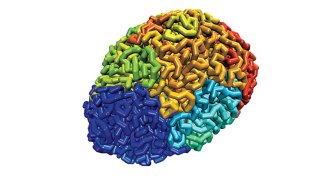 Genetics
GeneticsThe art of DNA folding
Cells must compress genetic material into a nucleus that measures only about 5 micrometers across. To accomplish the feat, cells make loops in the DNA.
-
 Genetics
GeneticsThe year in genomes
From the tiny Antarctic midge to the towering loblolly pine, scientists this year cracked open a variety of genetic instruction manuals to learn about some of Earth’s most diverse inhabitants.
By Meghan Rosen -
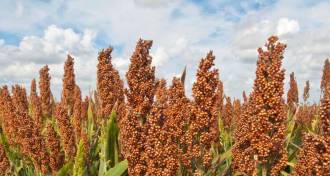 Agriculture
AgricultureRestoring crop genes to wild form may make plants more resilient
Restoring wild genes could make plants more resilient in tough environments.
-
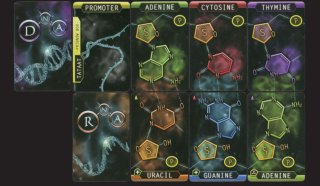 Genetics
GeneticsEvolve and Linkage turn science into games
In the two new games Evolve and Linkage, biological principles are made entertaining and strategic.
-
 Genetics
GeneticsDomestication did horses no genetic favors
Horses bear the cost of domestication in the form of harmful genetic variants, a study of equine DNA finds.
-
 Genetics
GeneticsYear in review: Genes linked to tameness
A look at the genes of domesticated animals offers possible insights into why taming has altered animals’ appearances.
-
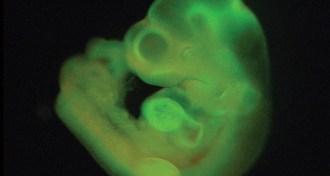 Genetics
GeneticsYear in review: Easy stem cells a no go
An incredibly easy method for making stem cells turned out to be impossible, again tainting the stem cell research field with controversy.
-
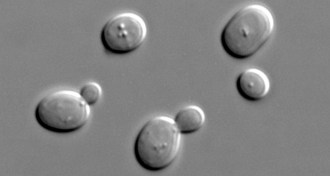 Genetics
GeneticsYear in review: Life’s complexity recoded
New genetic letters in bacteria and a simplified yeast chromosome showcase scientists' advances in understanding the simplicity and complexity of life.
-
 Life
LifeNew tree of life confirms strange history of birds
A genetic analysis supports some odd groupings in the bird tree of life, showing a lot of convergent evolution in avian history.
By Susan Milius